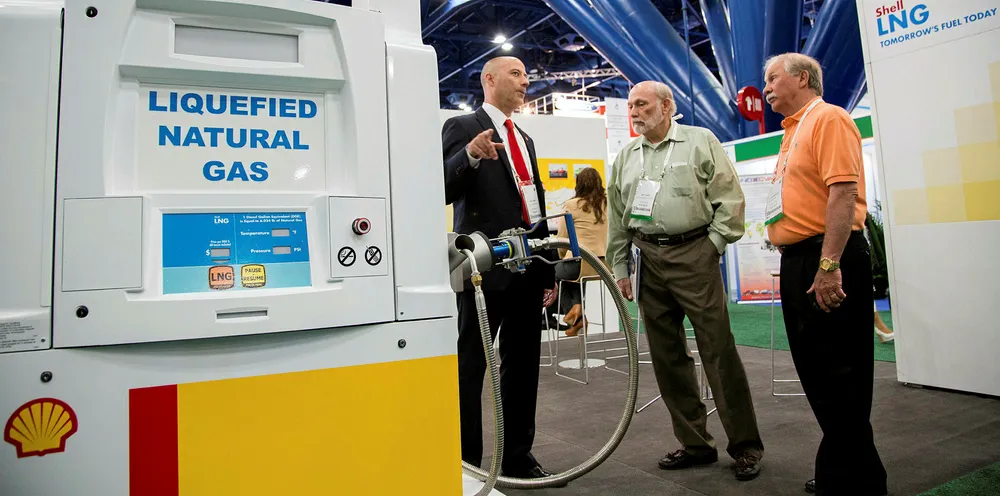Shell: 'LNG use will double by 2040 — to support renewables'
Such growth in liquefied natural gas would make it very difficult for the planet to meet Paris Agreement goals, raising doubts about oil giant's commitment to fight climate change

Such growth in liquefied natural gas would make it very difficult for the planet to meet Paris Agreement goals, raising doubts about oil giant's commitment to fight climate change
